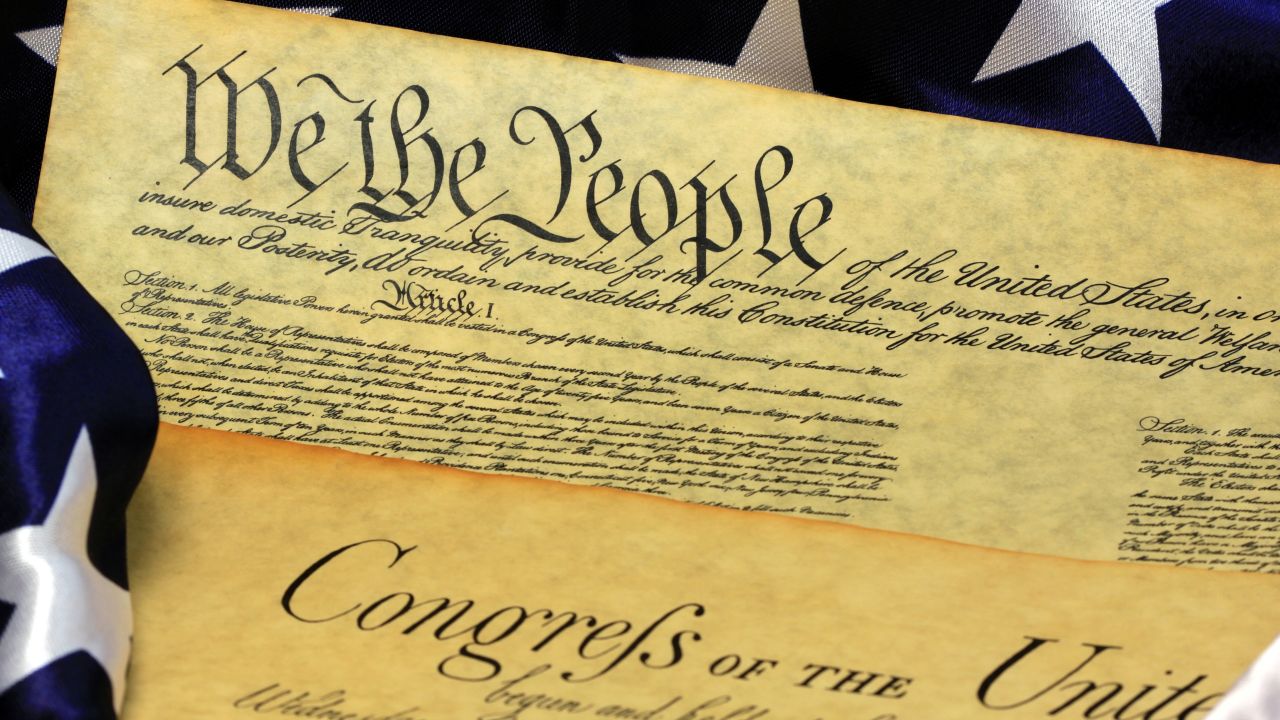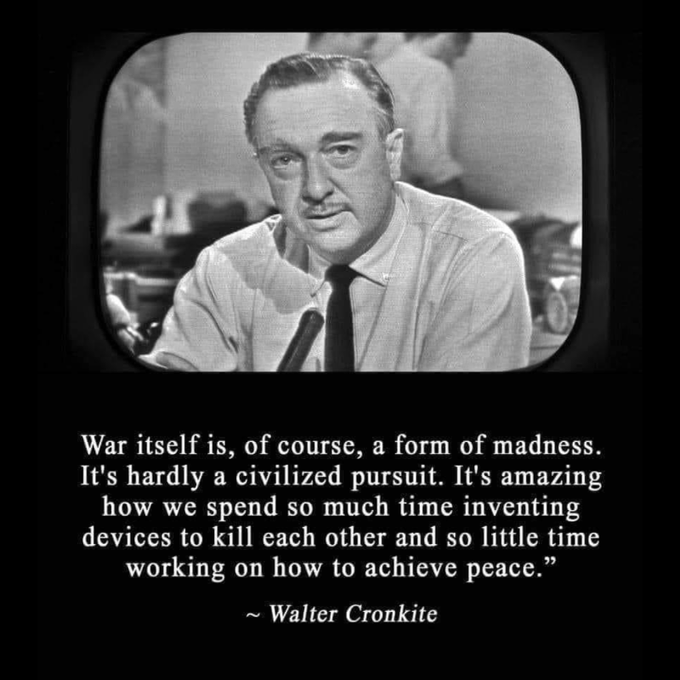The Deep State. America's Permanent Unelected Ruling Class
The terms "Deep State" and "establishment" are often used interchangeably, but they have different meanings. The deep state is a term used to describe a group of unelected officials who are said to wield power behind the scenes and operate independently of the elected government. The establishment, on the other hand, is a term used to describe the current political order, including the major political parties, the media, and other institutions.
The term "Deep State" refers to America's permanent, unelected ruling class. This group includes wealthy elites, politicians, bureaucrats, and members of the media who wield significant power and influence in American society. The Establishment has been a topic of much debate and controversy in recent years, as many people feel that their voices are not being heard and that the system is rigged in favor of those in power.
The idea of The Establishment dates back to the 1950s and 1960s, when it was used to describe the elite circles of British society. It was then adopted by American sociologists to describe the power structure in the United States. The Establishment is made up of those who hold the reins of power, including politicians, government officials, business leaders, and members of the media. These individuals are often highly educated and well-connected, and they have the ability to shape public opinion and policy.
One of the key characteristics of The Deep State is its lack of accountability. Members of this group are not elected by the people, yet they hold significant power over the political process. They often have close ties to each other, and they use these connections to advance their own interests. This can lead to a situation where the needs of ordinary Americans are overlooked in favor of the interests of the elite.
Another hallmark of The Deep State is its resistance to change. Members of this group often have a vested interest in maintaining the status quo, and they are reluctant to make significant changes to the system. This can make it difficult for new ideas and voices to be heard, as those outside of The Establishment may find it difficult to gain a foothold in the corridors of power.
The rise of populist movements in recent years has brought The Establishment into the spotlight. Many people feel that their voices are not being heard and that the system is rigged against them. This has led to a growing sense of disillusionment with the political process, as people feel that their votes do not matter and that the system is controlled by a small group of elites.
How the Establishment Gets It's Message Out
.jpg)
By controlling the media you look at.
What is the Establishment
The Establishment is a term used to describe a dominant group or elite that controls a polity or an organization. It may comprise a closed social group that selects its own members, or entrenched elite structures in specific institutions
The Establishment is a term used to describe a group of people who hold power and influence in a society, despite not being elected to office. They are often wealthy and well-connected, and they use their power to shape the policies and decisions that affect our lives.
The Establishment is not a new phenomenon. It has existed in America for centuries, and its power has waxed and waned over time. But in recent years, the Establishment has become more powerful than ever before. This is due in part to the rise of big government, which has given the Establishment more opportunities to control our lives.
The Establishment is a threat to democracy. It is a self-serving group of people who are more interested in protecting their own power and wealth than in serving the interests of the people. They are the ones who are responsible for the problems that plague our country, such as income inequality, political corruption, and the decline of the middle class.
We must break the power of the Establishment. We must elect leaders who are not beholden to the Establishment, and we must demand that our government be accountable to the people. Only then can we create a truly democratic society.
Here are some of the ways that the Establishment maintains its power:
- They control the media. The Establishment owns and operates most of the major media outlets in the country. This gives them the power to control what information we see and hear, and to shape our perceptions of the world.
- They control the money. The Establishment is made up of the wealthiest people in the country. They use their money to influence elections, to buy influence in government, and to control the media.
- They control the education system. The Establishment controls the schools, universities, and other institutions of higher learning. They use this control to indoctrinate students with their ideology and to prevent them from questioning the Establishment's power.
- They control the law. The Establishment controls the courts and the legal system. They use this control to protect their own interests and to silence their critics.
The Establishment is a dangerous threat to democracy. It is a self-serving group of people who are more interested in protecting their own power and wealth than in serving the interests of the people. We must break the power of the Establishment and create a truly democratic society.

Challenging The Establishment/ Deep State
There are several ways in which The Establishment can be challenged. One way is to increase transparency and accountability in the political process. This can be done by reforming campaign finance laws, increasing the power of watchdog organizations, and increasing public access to information.
Another way to challenge The Establishment is to support outsider candidates who are not part of the political establishment. These candidates may have fresh ideas and perspectives, and they may be more likely to listen to the needs of ordinary Americans
Ultimately, the issue of The Establishment is one that goes to the heart of the American political system. It raises important questions about the nature of democracy, the role of money in politics, and the relationship between those in power and the general public. By addressing these issues, we can work to create a more fair and just society for all American








